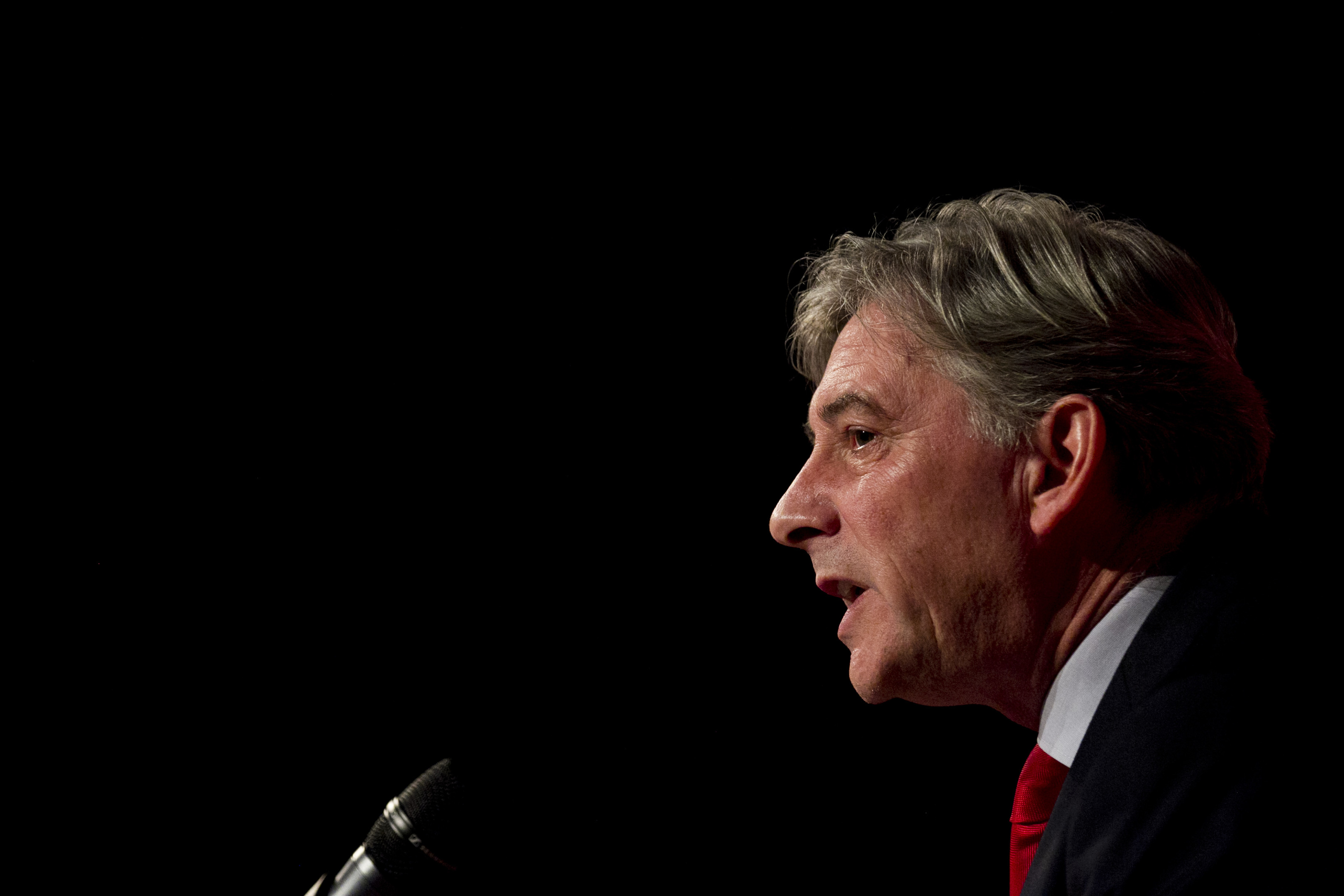
THE leadership of Scottish Labour in recent years has rarely been confused with a bed of roses.
And, compared to the suffering inflicted on some of his many predecessors, Richard Leonard’s first months might have been thornier.
There have, of course, been bitter, rancourous exchanges over Brexit and racism but they were usually between his own politicians.
And, as he prepares for his first conference as leader, starting in Dundee on Friday, supporters insist his quiet brand of leadership is winning respect and results.
But, speaking to The Sunday Post before heading to Tayside, Mr Leonard says the hardest conversation of his leadership has still to happen.
His sights remain trained on Scotland’s “undeserving rich.” His so-called “wealth tax” would see the richest 10% of Scots hit by 1% levy on their savings, pensions and property, raising, according to Labour, £3.7bn for schools and hospitals.
And, he says, the country needs to start talking about “earned” and “unearned” income.
Savings, pensions and property are all included in a person’s wealth under Scottish Labour’s windfall tax plans.
Pensioners make up nearly half of those hit by the plans but critics claim many of them might have seen the value of their home climb in recent years but remain far from cash-rich.
Mr Leonard points out 90% of Scots would be unaffected by the tax adding: “The top 10% of Scots own 43% of the wealth in this country.
“There has been an increase in wealth but also an increase in the inequality of wealth.
“I think there is conversation to be had in this country for a debate about earned income and unearned income.
“The accumulation of wealth through the rise in property prices is a windfall gain, it is not achieved through people’s hard work and endeavour – it is just a matter of inflation in that market.
“The richest 1% own more wealth than the poorest 50% put together. This is one of the reasons we are not making the progress we should be as a nation.”
Mr Leonard continued: “The SNP has shown little interest in dealing with this issue, their tax plans have been so timid. If we want decent public services then they needed to be funded properly.”
A wealth report by the Scottish Government published last year revealed the top 10% of Scots earners own 43% of the wealth in this country.
The document showed the richest 10% have “household wealth” – which covers all savings, pensions and property – of £1 million and above.
A breakdown of the wealthiest Scots shows pensioner couples make up 31%, 12% are a couple where one is a pensioner and 6% are single pensioners. Mr Leonard has appointed Professor Christine Cooper to head a Scottish Labour tax and investment commission, which will look at the wealth tax.
Professor Cooper, an expert in accounting and finance at Strathclyde University, previously backed a windfall tax on the wealthiest in society.
Mr Leonard plans to focus on what he describes as the SNP’s “managerial” approach to Scotland’s economy, highlighting the “alarming gap” between coming up with strategies to create more jobs and implementing them.
He said: “There is complacency in the parliament and in the SNP on our economy but the Scottish Government seem to be in denial on the scale of the challenge ahead.”
Meanwhile, Mr Leonard has claimed the result of the Brexit referendum is “sometimes forgotten” by the country’s politicians.
Sir John Major last week said MPs should be given a free vote on whether to accept or reject the final Brexit deal, while the Lib Dems are calling for another referendum on the terms of the agreement.
But Mr Leonard, who backed Remain and said he would again, is uncomfortable with some of the rhetoric surrounding Brexit.
He said: “I campaigned passionately for a Remain vote but you can’t retrospectively change the goal posts.
“I think it is dangerous when elected politicians start to pick and choose which referenda they accept and which they don’t.”
Asked if he thought Nicola Sturgeon respected the result, Mr Leonard said: “I am not sure she respects the outcome of the 2014 referendum, let alone the 2016 one.”
Many grassroots Scottish Labour supporters want a debate at the party’s conference next week on the UK keeping permanent membership of the EU single market after Brexit.
UK leader Jeremy Corbyn has long insisted the UK cannot be a member of the single market after the country’s affiliation with the EU ends.
But at least 10 local Labour branches in Scotland have put forward motions to the party’s conference in Dundee next month which back permanent membership of the single market and customs union.
Mr Leonard added: “I would like to see it debated. If you try and suppress debate about the EU at your party conferences it stores up trouble.
The Scottish Labour leader, little known outside Labour circles before taking the top job, has been working to raise his profile but says he will concentrate on policy not publicity stunts.
The former trade union official was elected Scottish Labour leader last November but his understated style has led to some party critics fearing he is not getting noticed enough.
“I don’t apologise for being private but at the same time I also don’t want to do anything that is contrived – people are sick of that in politics,” he said.
“I hope people can see how much I care about the difference we can make in this parliament.”

Enjoy the convenience of having The Sunday Post delivered as a digital ePaper straight to your smartphone, tablet or computer.
Subscribe for only £5.49 a month and enjoy all the benefits of the printed paper as a digital replica.
Subscribe